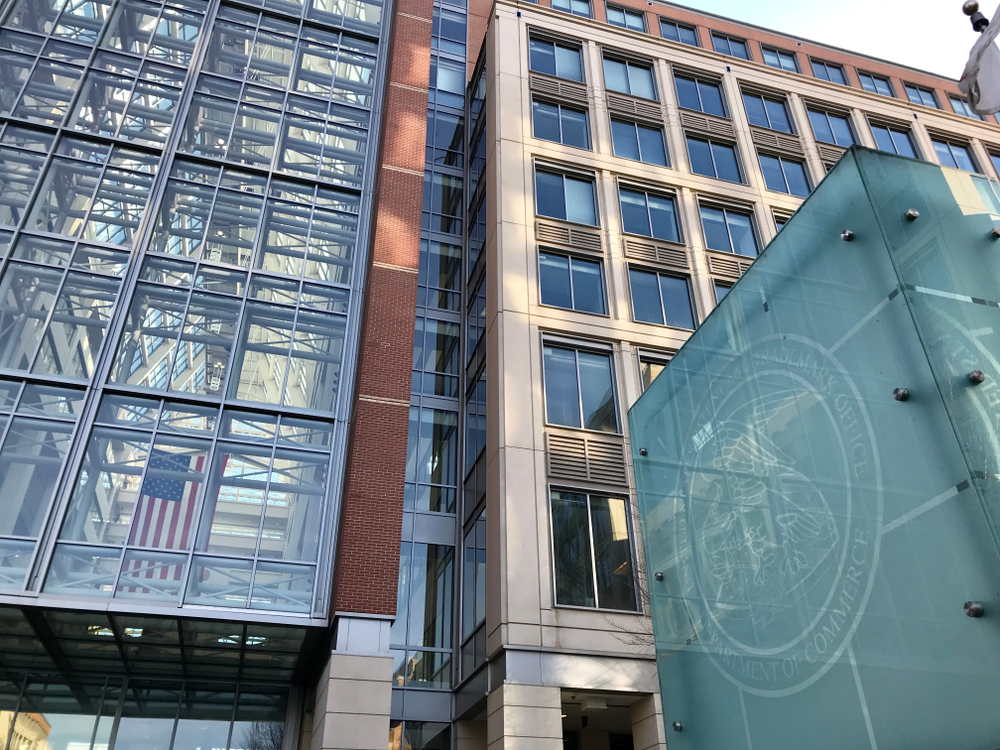
The U.S. Patent and Trademark Office (USPTO) has declared that artificial intelligence systems cannot be designated as inventors in patent applications. The agency clarified its stance following extensive public hearings, asserting that while AI systems and other “non-human entities” are ineligible as inventors, individuals using AI tools in the creative process remain eligible.
The latest guidance mandates patent registrants to disclose the use of AI in their invention process, aligning with the USPTO’s commitment to transparency. However, merely instructing an AI system to generate something does not confer inventorship. To qualify, an individual must demonstrate a substantial contribution to the development of the invention concept.
Significant Contribution Key to Patent Eligibility
To register a patent involving AI, the user must exhibit a noteworthy involvement in shaping the AI’s response to a specific problem. Mere supervision or ownership of AI, without a demonstrated intellectual contribution, does not grant eligibility for patent applications, according to the USPTO.
“The use of an AI system by an individual does not disqualify the individual from being considered an inventor,” the agency emphasizes. The distinction lies in the proactive role the individual plays in problem-solving and shaping the AI’s response.
Intellectual Dominance Not Sufficient
Maintaining “intellectual dominance” over an AI system alone does not bestow inventor status. The USPTO dismisses the notion that overseeing or owning an AI system automatically qualifies an individual for patent applications. The focus remains on the tangible, inventive input an individual contributes to the development process.
This announcement comes after a 2020 ruling by the USPTO, affirming that only “natural humans” are eligible to apply for patents. The decision followed the rejection of researcher Steven Thaler’s petition, who sought to name his DABUS AI system as an inventor. The patent office’s decision was upheld in court, solidifying the precedent that AI systems cannot be recognized as inventors.
In a separate ruling, a federal court determined that AI-generated works cannot be copyrighted. Thaler’s attempt to secure copyright for an image created by an AI system faced similar constraints, marking a pivotal moment in the ongoing legal landscape surrounding AI and intellectual property.


